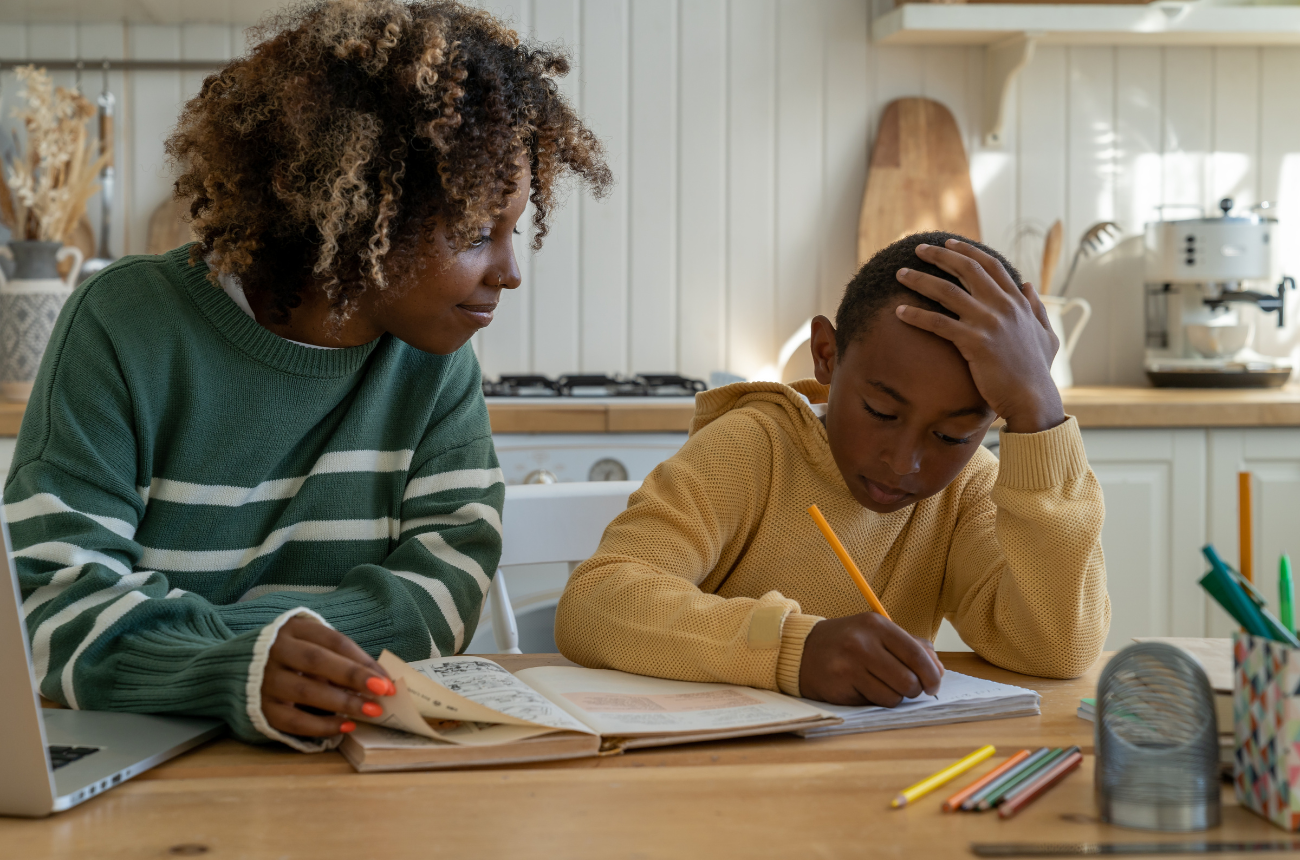
Parental involvement is one of the most significant factors in a child’s academic success, especially during the early years of education. From pre-kindergarten to fifth grade, children are developing the skills and habits that will shape their learning experiences for years to come. When parents actively participate in their child’s education, it not only strengthens the bond between parent and child but also creates a supportive environment that fosters curiosity, motivation, and a love for learning. At Harrison’s Solutions, we believe that empowering parents to be active participants in their child’s education can make all the difference.
Research consistently shows that children whose parents are involved in their education tend to perform better academically and socially. Parental involvement can take many forms, from reading together at home and attending school events to simply showing an interest in what their child is learning. When parents engage with their child’s education, it sends a clear message: learning is important, valued, and worth the effort.
For pre-K to 5th graders, parental involvement is particularly crucial as these are the years when foundational skills in reading, writing, and math are being developed. At this stage, children are also learning how to manage their time, follow routines, and develop study habits that will serve them throughout their academic journey.
Supporting your child’s education doesn’t require a teaching degree—it’s about creating a home environment where learning is encouraged and celebrated. Here are some effective ways parents can make a positive impact:
Parental involvement isn’t just about academic support—it also plays a critical role in a child’s social and emotional development. When parents take an active interest in their child’s learning, it helps children feel supported and valued, boosting their self-esteem and confidence.
This is particularly important when children face challenges in school. Knowing that their parents are there to help them work through difficulties can make a child feel more secure and willing to take on new challenges. It also teaches them that learning is a collaborative process, not something they have to navigate alone.
While the benefits of parental involvement are clear, many families face barriers that can make it difficult to be as involved as they would like. Time constraints, work schedules, and language barriers are just a few challenges that can get in the way. However, there are ways to overcome these obstacles:
Parental involvement is one of the most powerful tools for enhancing a child’s learning experience, especially during the formative years of pre-K to 5th grade. At Harrison’s Solutions, we believe that when parents, teachers, and tutors work together, children are more likely to succeed both academically and socially.
By creating a positive learning environment at home and staying engaged with their child’s education, parents can help foster a love of learning that lasts a lifetime. After all, education isn’t just about grades—it’s about inspiring curiosity, building resilience, and empowering children to reach their full potential. And with a little effort, parents can make a world of difference in their child’s academic journey.